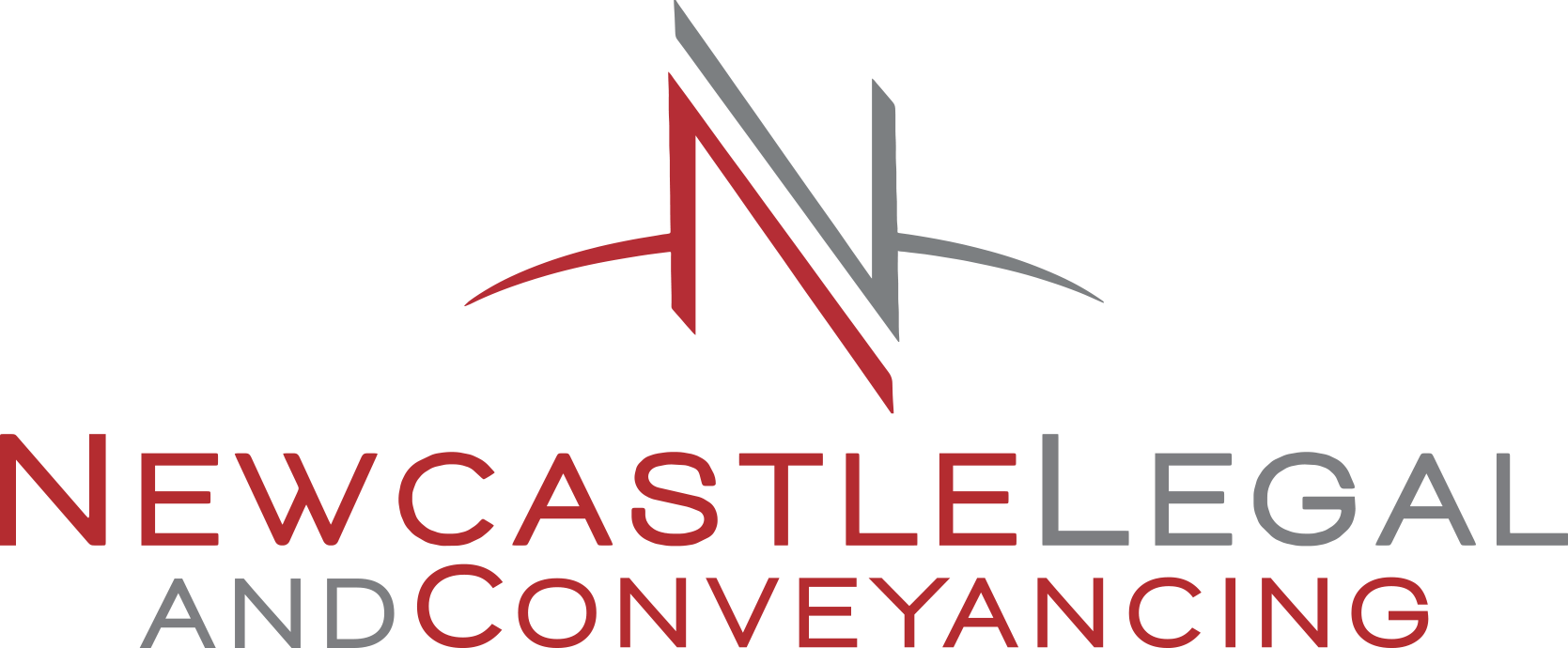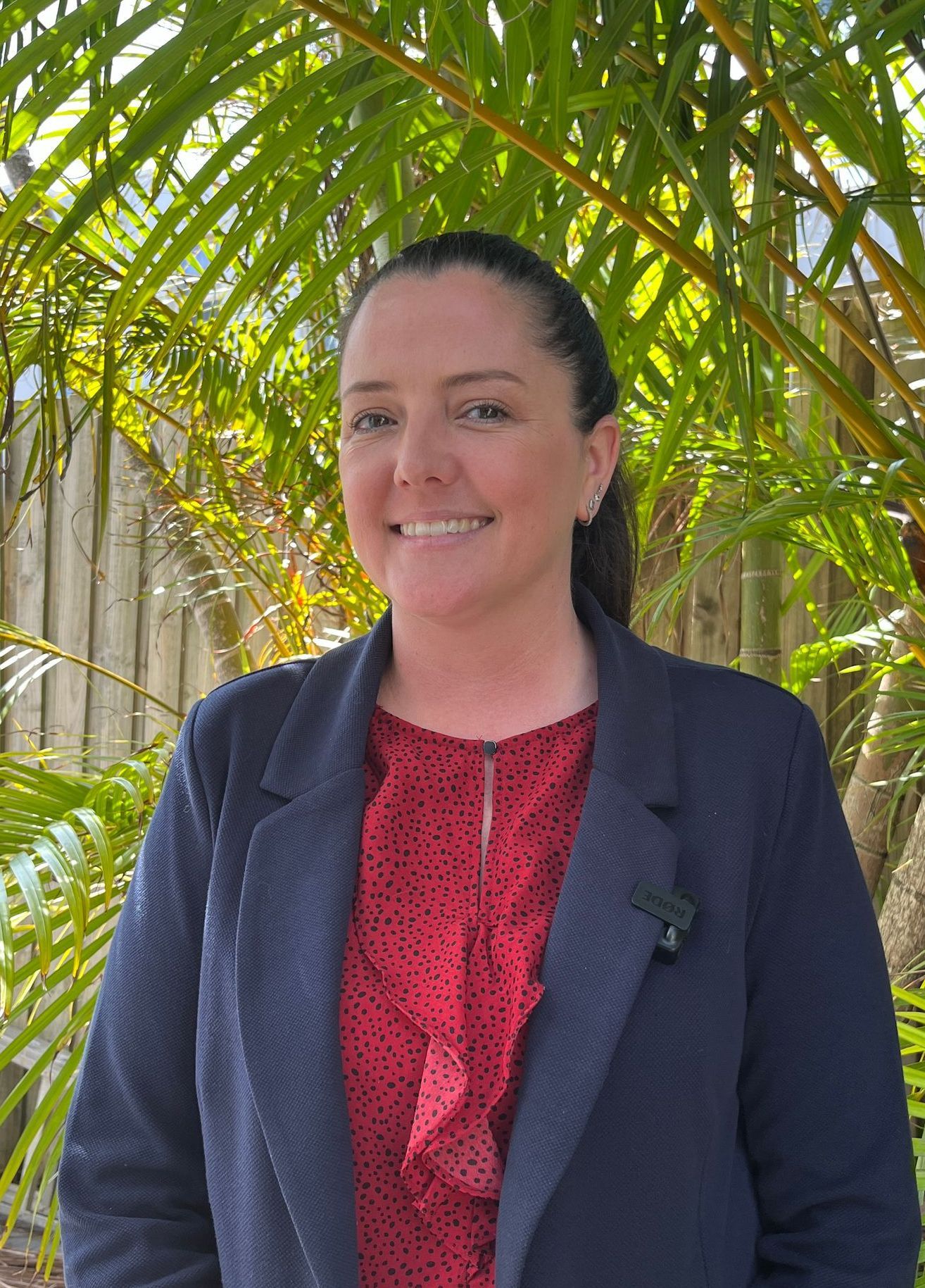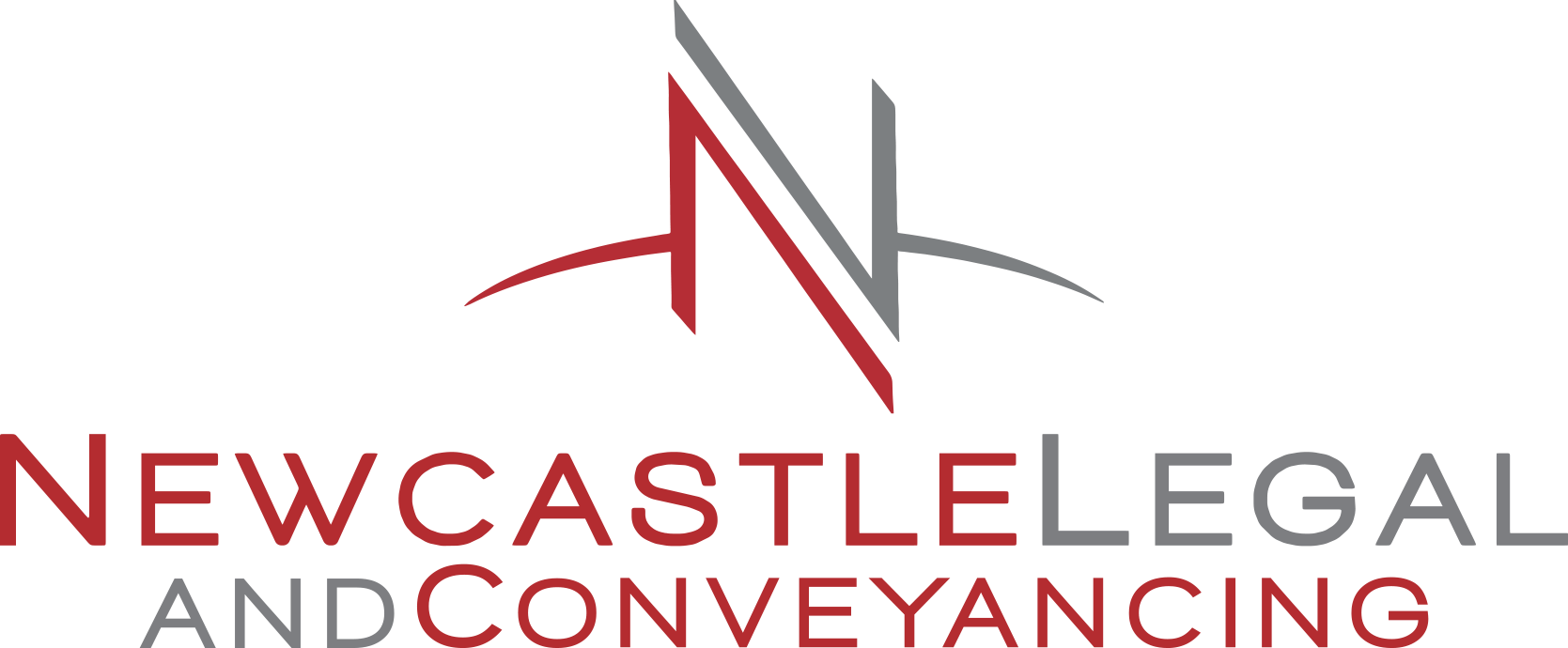Equity & Trusts Lawyers Newcastle
Book an appointment online for a time that suits you
How we can assist you
- A trust is a useful legal mechanism for achieving a wide range of purposes.
- A trust comes into existence when a person known as the ‘settlor’ transfers legal title of property to a person or organisation known as ‘the trustee’.
- The trustee is then obliged to hold and manage that property for the benefit of one or more other parties known as ‘beneficiaries’.
- There are legal requirements and procedures to ensure that your trust is set up correctly and that it is appropriately managed.
- In consultation with your accountant we can help you to choose the most appropriate trust for your desired purposes and assist you in drafting a trust deed and other relevant legal documents to ensure that all legal formalities are met.
- If you are the beneficiary of a trust and have concerns about its management, we can help you to understand more about your rights and the steps you can take to obtain a fair and appropriate remedy.
Book an appointment online at a time that suits you
Our Newcastle Equity & Trusts Team
Rob Brook
Principal Director
BA LLB LLM
Emily Griffith
Lawyer & Practice Manager
FAQ
- What are the main uses and benefits of a discretionary trust?
- Discretionary trusts are most commonly used for:
- tax benefits;
- land holdings;
- family financial provision;
- protection of assets; and
- estate planning.
- Discretionary trusts are generally more effective as a holding entity for investments and for commercial real estate or other larger fixed assets. Capital gains tax is charged on the disposal of assets except in the case of personal assets and the principal place of residence. Trusts usually obtain a 50% exemption where all beneficiaries are individuals.
- As trust assets are held for the benefit of beneficiaries property held on trust cannot be taken in bankruptcy proceedings against the trustee subject to certain exceptions.
- When distributing income among potential beneficiaries the trustee also has discretion to consider how distributions to beneficiaries might impact their annual taxable income.
- What are the main pitfalls when setting up a trust?
- Difficulties may arise after a trust is established because the trust was not set up in the most appropriate way for the specific circumstances. This can occur when people establish a DIY trust by using internet templates and without seeking legal advice specific to their situation. A DIY trust will rarely meet your current and future needs without creating problems for trustees and beneficiaries in the future.
- Many family trusts are set up correctly but are not regularly reviewed by the trustee and only become an issue upon the death of a family member after many years of the estate growing in value. These situations are common and can result in family disputes.
- It is as important to seek legal advice regarding the ongoing management of a trust as it is to set up a trust correctly in the first instance.
- Can I set up a trust to avoid paying tax?
- The purpose of establishing a trust should not be characterised in this way. Trusts cannot be set up for the purpose of avoiding income tax.
- Trusts can be established for the purposes of managing your wealth and tax planning.
- Generally it will be up to the courts to establish whether the trust was for legitimate purposes or not.
- If you want to understand more about the mechanisms available for legal wealth management it is advisable to speak to us about wealth management and estate planning.
- What happens if a trust under which I am a beneficiary wasn't set up correctly?
- Sometimes there is a technical error when a trust is set up which makes the trust incomplete or invalid. This may not be enough to render the trust completely unenforceable.
- Where the failure of the trust would result in an unjust or unfair outcome the law of equity may find that a resulting or constructive trust has come into existence.
- A resulting trust is created when a settlor transfers the legal title to property to another person but retains the beneficial ownership of the property. The law presumes that the settlor's intention was to create a trust for the benefit of themselves and potentially other additional beneficiaries.
- A constructive trust may arise where there has been no express declaration of trust but the rules of equity consider it to be unjust not to impose the trust as between two persons who become the trustee and beneficiary.
- What kind of property can be trust property?
- Trusts were historically limited to land but now all types of property can form part of the trust assets.
- Certain types of property are subject to legal rules about how they must be transferred from one person to another such as in the case of land.
- If the settlor fails to transfer the property to the trustee correctly the trust may be found to have been improperly constituted.
- Equity may be unable to assist in this circumstance due to the maxim that “equity will not complete an imperfect gift.”
- A trusts lawyer can assist you in setting up the trust according to law and avoiding these problems.
- I have been appointed as a trustee and would like some guidance on how to administer the trust. Where can I get more information?
- The first point of reference for a trustee is the terms and conditions set out in the trust instrument or deed.
- Relevant state or territory legislation like the Trustee Act 1925 in NSW sets out additional obligations.
- Trustees may also seek our advice to better understand their obligations in law and in equity. This is particularly important in the context of strained family dealings or with particularly large and complex estates.
- I am a trustee. What kind of liability do I have?
- Generally trustees are not liable to beneficiaries for any losses incurred in the management of the trust unless it is due to breach of their trust duties or fraud or negligence.
- If the trustee incurs liabilities as part of the good faith management of the trust they may be indemnified (paid back) out of the trust assets.
- What happens if the trustee is unable to perform their duties?
- A trustee will automatically be removed from their position if:
- the trustee is not sound of mind;
- the trustee becomes bankrupt;
- the trustee enters into liquidation or an administrator or receiver is appointed; or
- a court order to that effect has been made.
- I am a beneficiary and I am concerned about the management of a trust. Am I able to inspect the trust documents?
- Generally yes. Beneficiaries are able to inspect trust documents such as the trust deed and trust accounts. The trustee has a duty to provide these accounts and to inform beneficiaries of their rights.
- The trustee is under no obligation to disclose their reasons for making decisions under the trust including their reasons for appointing certain property to particular beneficiaries.
- I am a beneficiary and the trustee has not made any distributions to me. Why?
- Whether or not a beneficiary will receive a distribution from the trust depends on many things. Rules around distribution of assets and income will often be contained in the trust deed. As a beneficiary you will usually have the right to inspect this document.
- If the trust is a discretionary trust with multiple beneficiaries the trustee has discretion as to whether they make a distribution at all and if so:
- to whom; and
- in what proportions.
- Beneficiaries under a discretionary trust cannot compel the trustee to make a distribution to them. However other more general rights are still available to discretionary beneficiaries. These include:
- the right to information regarding trust management;
- the ability to challenge any breaches of duties regarding the exercise of a trustee's discretion; and
- the right to apply to the court to prevent an ineligible distribution of trust property.
- The trustee has used trust money to buy assets for their own personal benefit. What can I do?
- This is a breach of the trustee's fiduciary duty. A remedy will be available to the beneficiaries to put them back in the position they would have been in had the trustee not breached their duties.
- Such remedies may include 'tracing' the asset. This means that the beneficiaries may be able to claim against any assets purchased in breach of trust.
- When does a trust come to an end?
- There are three main ways in which a trust instrument can be terminated. They are:
- where the trust instrument has granted one or more nominated parties the power to revoke the trust;
- where the trust instrument can be terminated with the consent of all beneficiaries; and
- where the trust terminates on final distribution of the trust property to the beneficiaries.
Q&A
- What type of trust is most appropriate to provide for a disabled person?
Question
My son is severely disabled and I have heard that establishing a trust can be a good way of providing for him into the future. What are the benefits of setting up a trust like this?
Answer
- The federal government has established an initiative called a Special Disability Trust. This initiative is aimed at assisting family members and guardians to provide for the future of family members with a disability.
- This type of trust can be set up in your will. It would then come into being upon your death to ensure for the continued provision of your son.
- It can also be established during your lifetime.
- In order to qualify your son must have a severe disability and meet particular Centrelink qualifications. Any assets can form part of the trust but common examples include:
- income producing assets;
- money;
- shares;
- investment property that is being rented out;
- modified vehicles; and
- wheelchairs.
- Assets can be donated by anyone into the trust. In addition the funds donated into a Special Disability Trust often receive Centrelink concessions for the beneficiary.
- You may wish to appoint yourself or another family member as trustee. Alternatively if you are the main carer you can appoint a trustee company such as the State Trustee to ensure that if anything happens to you as the original trustee there will be continuity of care.
- Can I access benefits under a trust earlier than is stipulated under the trust deed?
Question
I am the beneficiary of a trust created by a will but I am only entitled to the shares and proceeds after I turn 25. I am 21 now and want to know if I can access the property sooner.
Answer
- This depends on the terms of the trust deed and whether you are the only listed beneficiary or whether there are other potential beneficiaries named in the trust.
- Generally speaking if there is only one beneficiary of sound mind and who is a legal adult then they can agree to end the trust unless this is prohibited in the trust deed.
- If the trust is for more than one beneficiary or potential beneficiary (such as where the trust deed leaves property to 'X and any of his children’) then this cannot be done.
- Can a trustee hand over their responsibilities?
Question
I have been a trustee of a family trust for several years but it is getting more difficult for me and I would like to hand over my responsibilities. How can I do this?
Answer
- You should first refer to the trust deed. There may be conditions contained in the deed that allow the nominated appointer to transfer the trusteeship to another trustee.
- Alternatively you can approach a public trustee to take over the role on your behalf.
- Can trustees also be beneficiaries of the trust?
Question
My husband and I are planning on setting up a family trust. We have three children all under the age of 4. We intend to make ourselves primary beneficiaries of the trust. Can we also be trustees?
Answer
- Where there is a broad class of beneficiaries and you and your husband are not the only beneficiaries there is no problem with this arrangement.
- The main aspect of a trust is the separation of legal and beneficial interests between the trustees and beneficiaries. If you and your husband hold the trust property on trust for multiple beneficiaries such as yourselves and your children then this should satisfy the requirement of separating legal and beneficial ownership.
- Can I set up a trust in which the appointor and beneficiary of the trust do not live in Australia?
Question
My family originally came from Turkey and many of my family members still live there. The trust I am setting up has a different trustee to the appointor and beneficiary. The trustee lives in Australia while the appointor and beneficiary are still living in Turkey. Is this legal?
Answer
- Yes. This trust will be valid providing that the trustee is in Australia and you are happy for the trust to remain resident in Australia.
- It is possible that the appointer will remove the trustee and appoint a new trustee at some point in the future.
- If the new trustee is not in Australia this may affect the continued validity of the trust.
- Can I make a trust that enables me to create an interest that only lasts for the beneficiary’s life?
Question
My mother has been struggling financially since Dad passed away and I want to help her by letting her live in one of the properties I own until she passes or has to move into care. If something were to happen to me I do not want her to inherit the house as I want to leave it to my children. Can a trust help me give effect to these wishes?
Answer
- Yes. What you are trying to set up is called a life-interest benefit created through an inter-vivos trust.
- Your mother can obtain a life interest in the property allowing her to live there and to benefit from the house during her lifetime. However if something happens to you she will not inherit the property. It will revert back to your estate when she passes.
- Can a family trust be separated into separate trusts to prevent being it distributed under family law matters?
Question
I am about to get a divorce and I am the trustee of our family trust. Can I move money from the family trust into separate trust accounts set up for the benefit of our children? Will this prevent that money from being considered property of the marriage for family law purposes?
Answer
- No. Generally speaking you cannot do this.
- Recent court decisions have found that actions that seek to alter someone’s rights under a trust can be set aside by the courts.
- The assets of the trust will be considered your property in family law proceedings as you have control over the trust.



